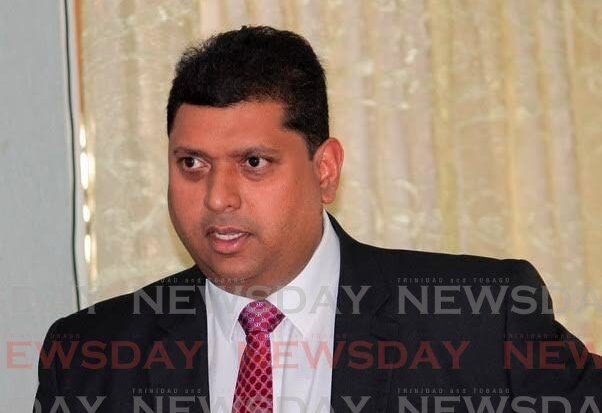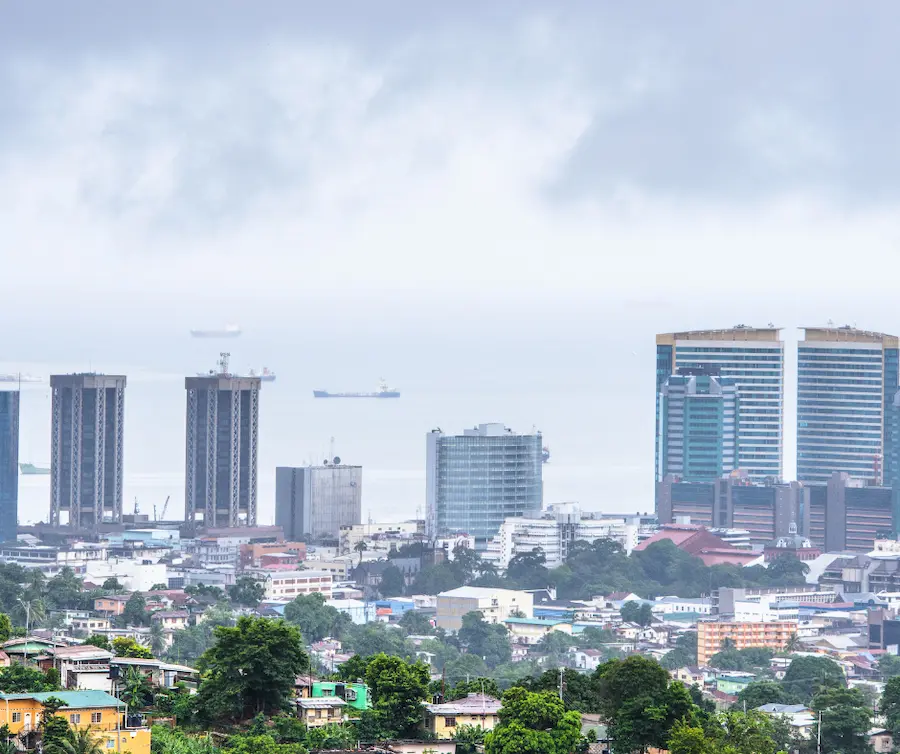

FORMER energy minister Kevin Ramnarine recently reflected on his time working with former prime minister Kamla Persad-Bissessar, describing her as one of the strongest individuals he knows.
“Not in terms of physical strength, but in emotional, mental and intellectual resilience,” he said.
He was speaking at the UNC’s economic forum town hall meeting on March 27 at the La Joya Complex auditorium in St Joseph.
Shifting to the country’s economic situation, Ramnarine identified two challenges facing Trinidad and Tobago: the economy and crime, which he believes are interconnected.
“A weak economy fuels higher crime rates, and crime, in turn, undermines the economy, creating a vicious cycle.”
>
Ramnarine expressed concern over the economic contraction, which he said has seen the economy shrink by approximately 20 per cent. This, he said, has led to a significant loss of economic confidence, with many large private sector companies now choosing to invest outside of TT.
“Data from the International Monetary Fund says the TT economy is one of the seven worst-performing globally from 2016 to 2024, trailing behind nations like Venezuela, South Sudan, and Yemen, which have faced war or civil unrest.”
Ramnarine believes economic challenges have had a particularly harsh impact on young people, many of whom he said are struggling to find jobs. He said TT is losing its prestige in the Caribbean, pointing to the UK government’s decision to impose a visa requirement.
Ramnarine said the economy has declined by 31 per cent due to the decline in the energy sector since 2015, attributed to falling oil and gas production.
“This has led to plant closures, job losses and company shutdowns. When the UNC left office in 2015, the energy sector employed 20,500 people. By 2024, that number had dropped to 12,500.”
He said plummeting LNG exports have exacerbated the foreign exchange crisis, and the situation would be worse without foreign borrowing and the use of funds from the Heritage and Stabilisation Fund.
“Foreign reserves dropping from US$10.5 billion when the UNC left office to just US$5.3 billion by February 2024. Our foreign debt has doubled since 2015, now reaching US$5.6 billion, which surpasses the country’s foreign reserves. The only thing standing between us and an economic crisis is the Heritage and Stabilisation Fund.”
Ramnarine called for urgent reforms to the fiscal regime for oil and gas drilling, the removal of bureaucratic obstacles and a revitalisation of the energy sector. He believes the government will announce gas discoveries and projects by mid-April but dismissed it as politically timed.
He criticised the government’s reliance on the Dragon gas deal with Venezuela, which has become increasingly complex due to geopolitical tensions, including pressure from the US. Ramnarine stressed TT cannot base its economic future on the deal but instead needs to focus on developing domestic resources, particularly deep-water hydrocarbon assets.
>
He believes in better utilisation of assets and the acceleration of deep-water gas resource development. He also called for reforms to simplify business operations, reduce taxes on non-energy sector companies, and encourage economic diversification.
Ramnarine stressed the importance of aligning the country’s economic growth with the expansion of neighbouring Guyana and Suriname.
He concluded the PNM had ample time in power to address these pressing issues, and it is time for change.


